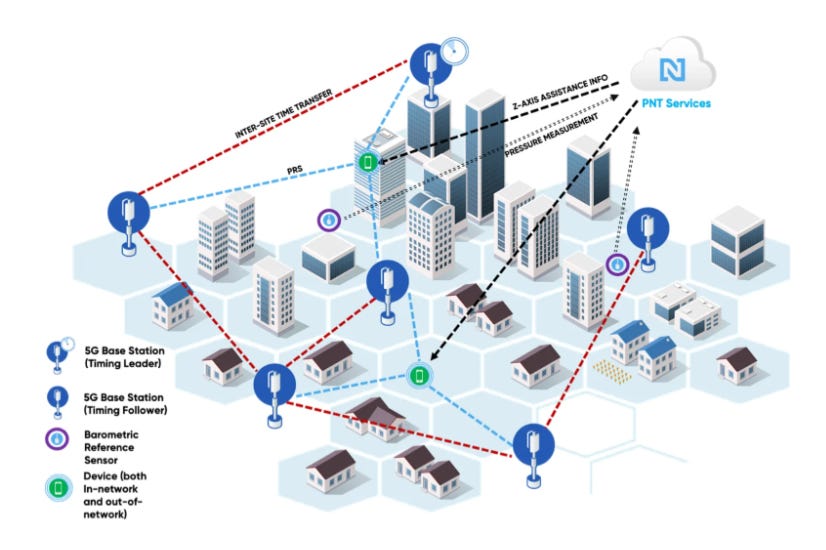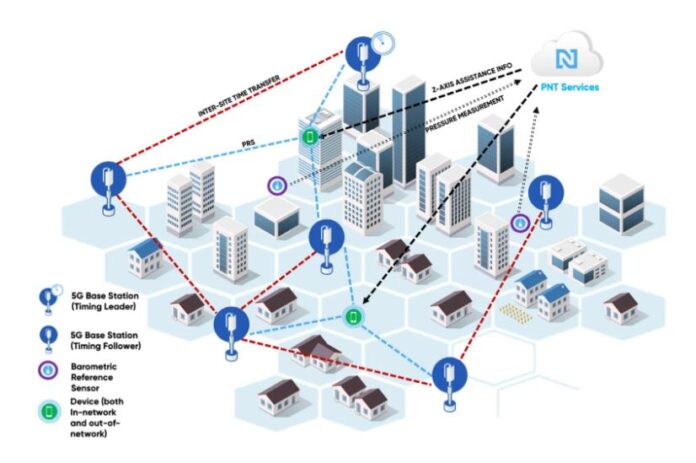The IBTTA-funded paper, authored by Harold Furchtgott-Roth, raised concerns about NextNav’s FCC proposal to reallocate the spectrum for a 5G-based positioning, navigation, and timing (PNT) network, arguing it would negatively impact tolling operations. NextNav, however, contends the report is biased and based on flawed assumptions.

More than 100 companies and industry organizations made recent comments to the Federal Communications Commission as part of a Notice of Inquiry examining technologies complementing, or supplementing, the U.S. Global Positioning System. The process will conclude on May 13.
Renee Gregory, vice president of regulatory affairs at NextNav, dismissed the IBTTA report as funded by groups with a “narrow interest in preserving the status quo.” She argued that the paper’s dollar figures are based on the “false assumption” that licensed and unlicensed users would lose access to the band.
NextNav’s engineering studies, she stated, demonstrate that 5G operations would not cause unacceptable interference to existing unlicensed devices. Gregory also reiterated NextNav’s commitment to working with licensees, including tolling operators, to develop coexistence solutions and provide financial and technical support for a smooth transition.
NextNav emphasized its commitment to collaborating with incumbent operators to find coexistence solutions for licensed non-M-LMS systems, such as railroads and tolling. The company said it would provide financial and technical support for any necessary equipment upgrades. They claim that most tolling systems operate within a 10 MHz segment of the band, and NextNav’s proposal would leave ample spectrum for continued tolling operations. They also asserted that standard spectrum management practices can ensure coexistence between 5G networks and tolling systems.
In a separate development, NextNav also addressed filings from the Z-Wave Alliance, which raised concerns on behalf of unlicensed users. Gregory stated that NextNav’s unlicensed coexistence study, based on “real-world data and thorough engineering analyses,” shows that 5G will not cause harmful interference. She criticized the Z-Wave Alliance’s filing for lacking “detailed technical data or analysis” and urged all stakeholders to engage in “sound, fact-based, and engineering-driven decision-making.”



























